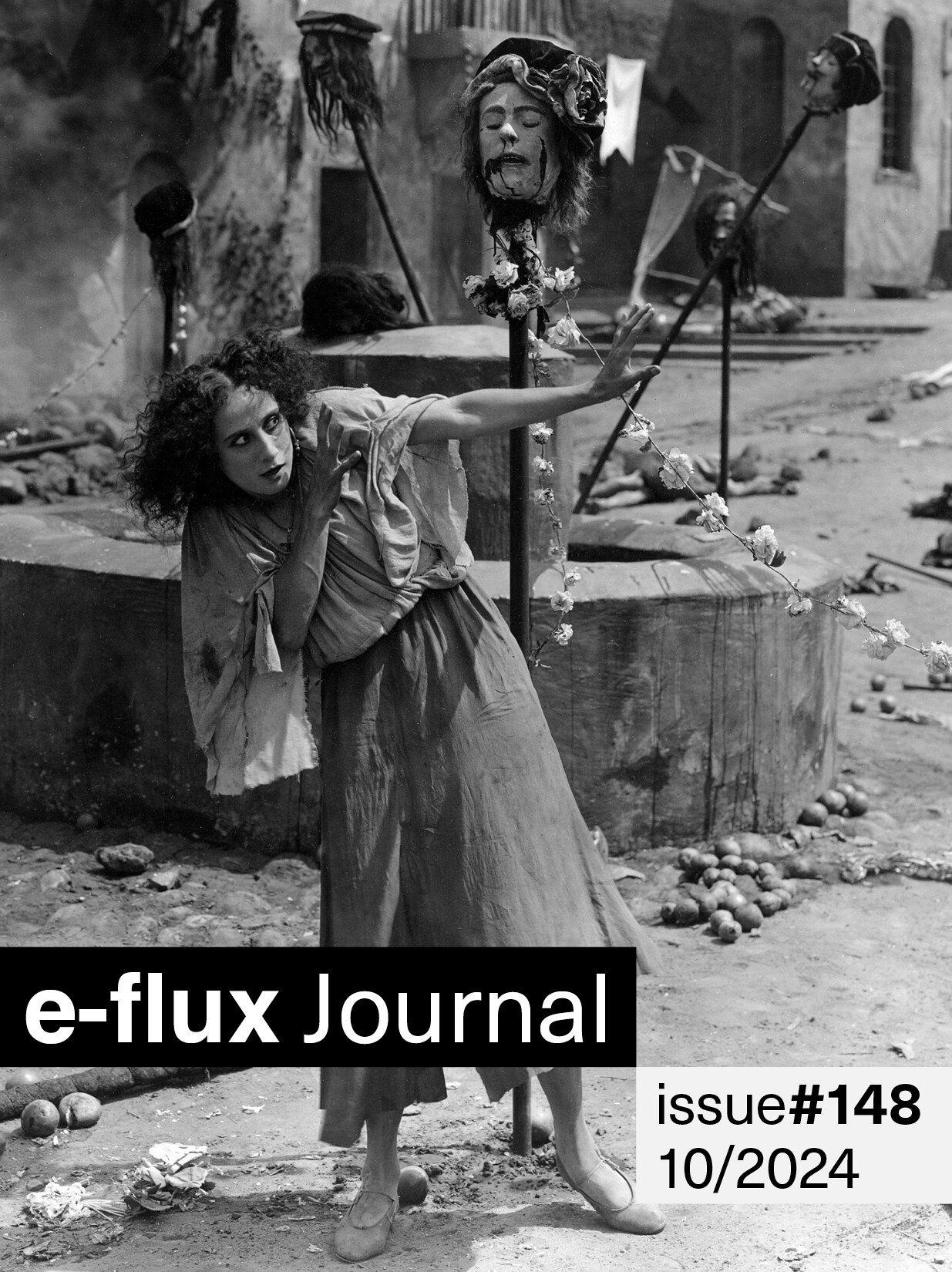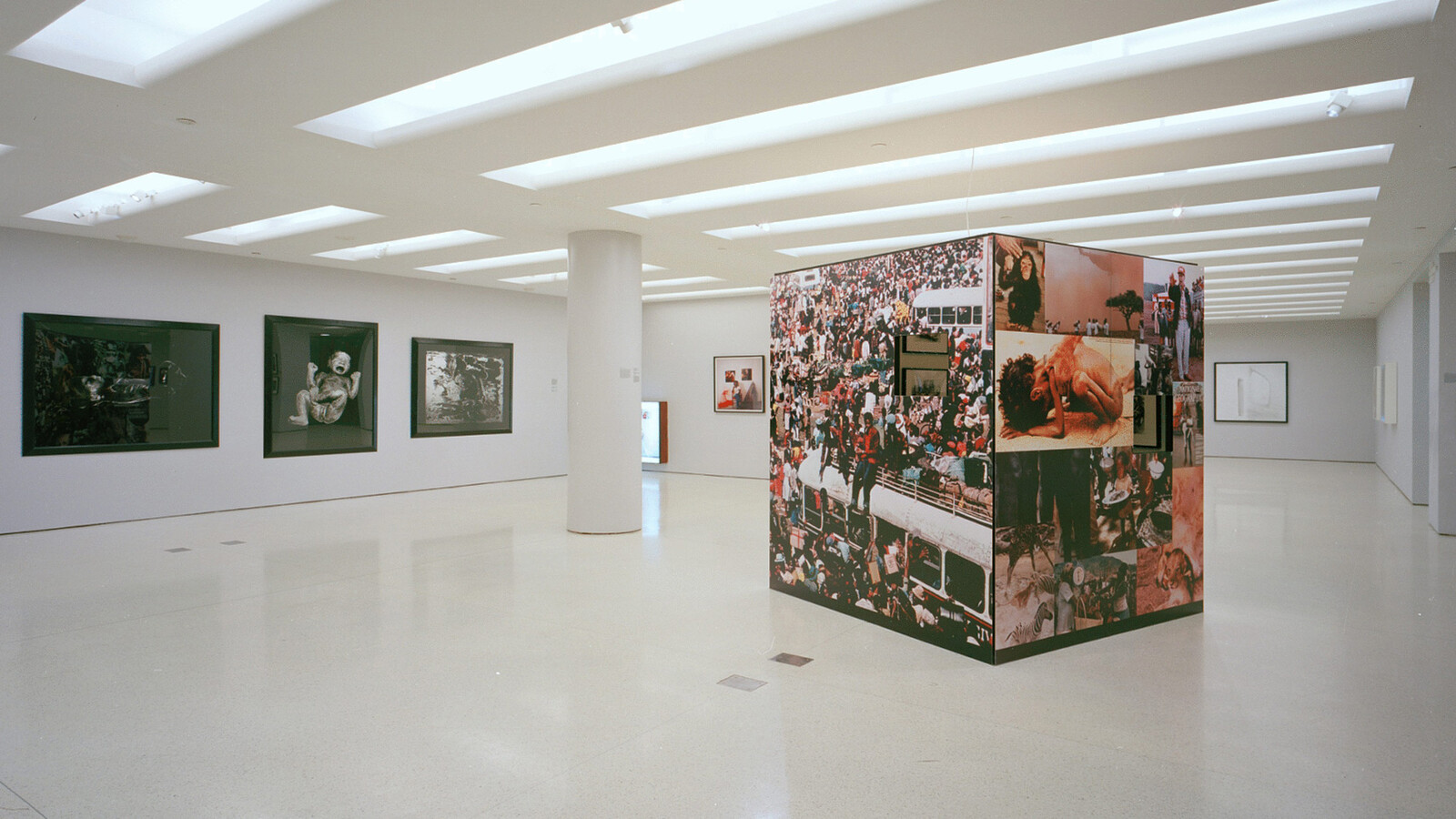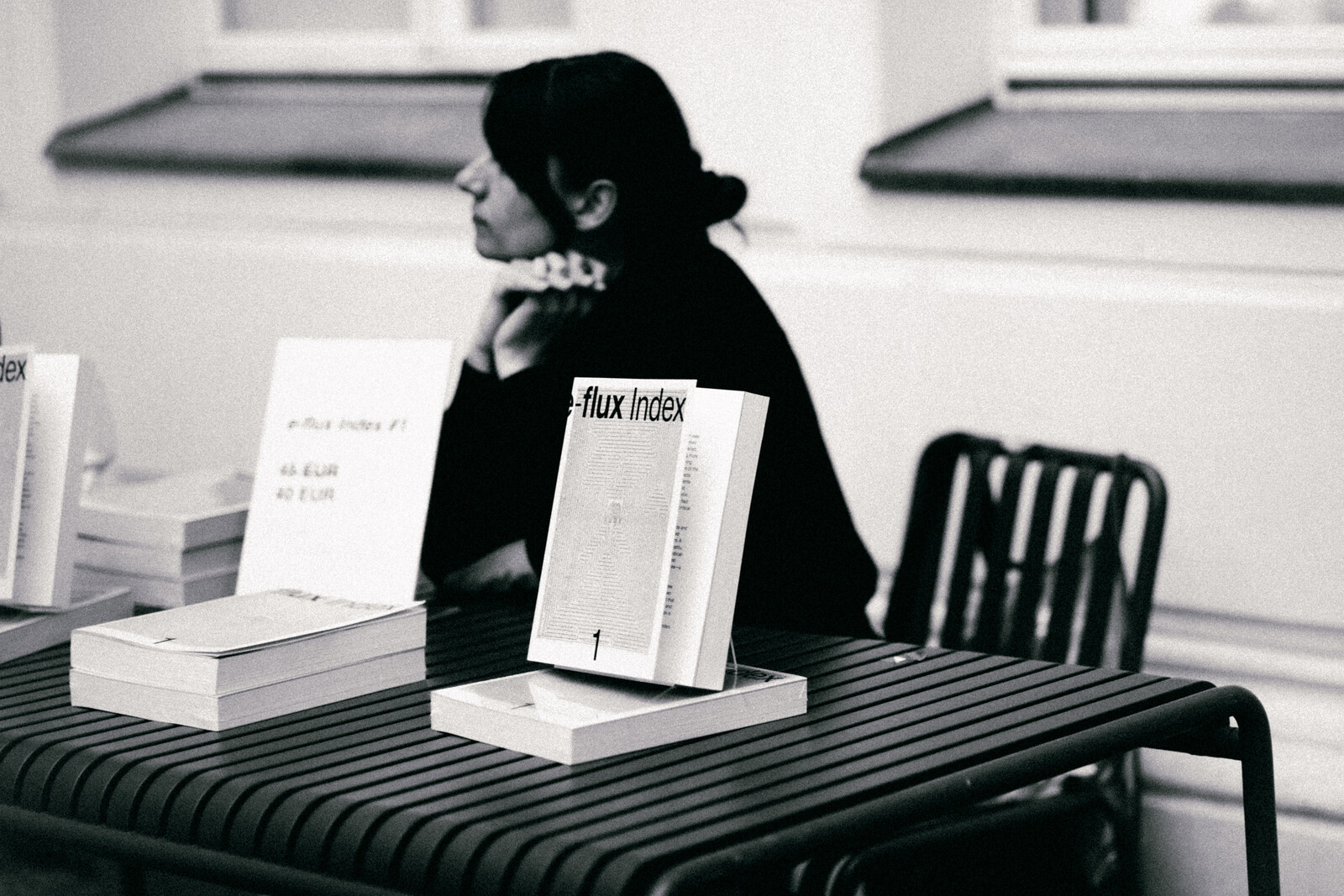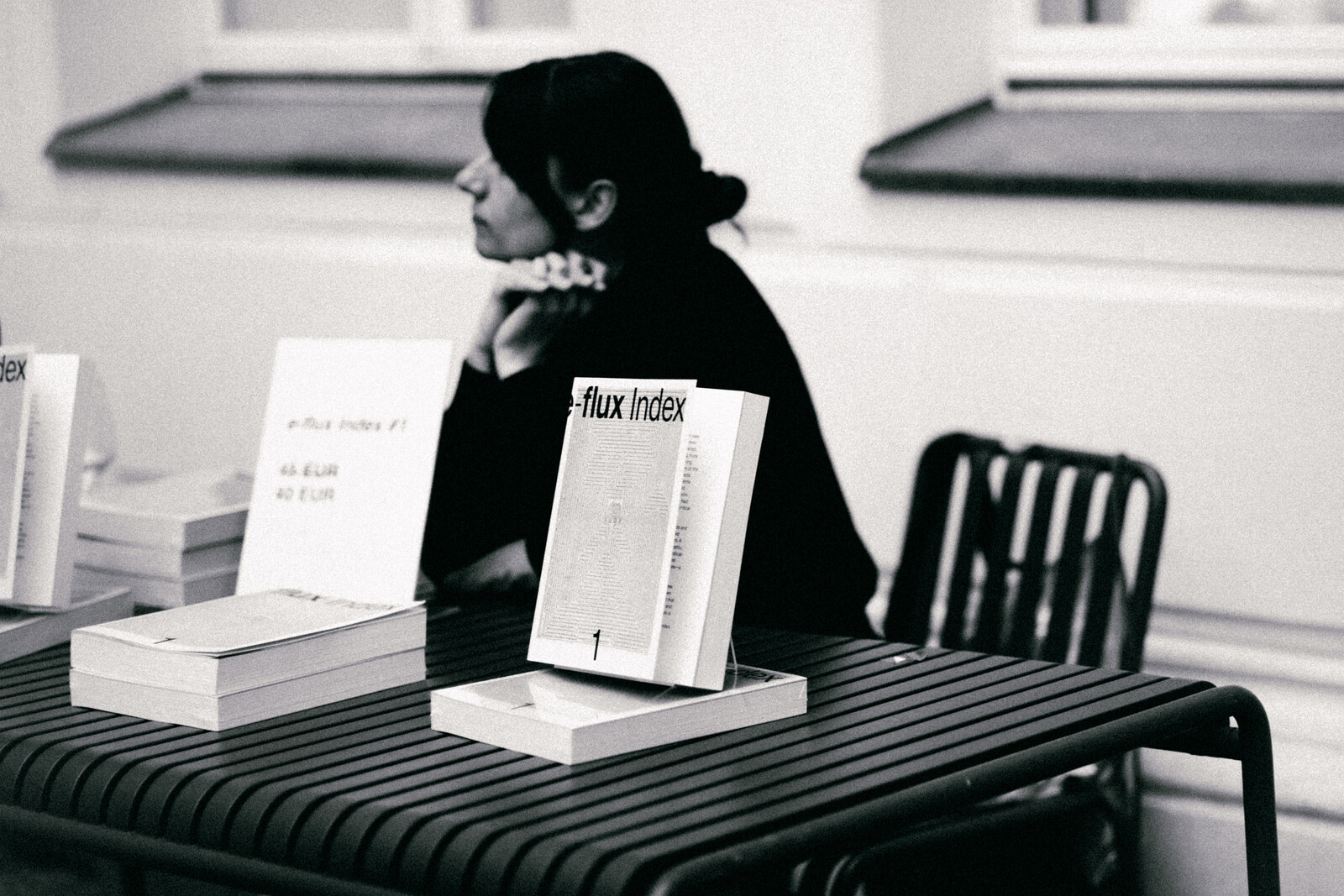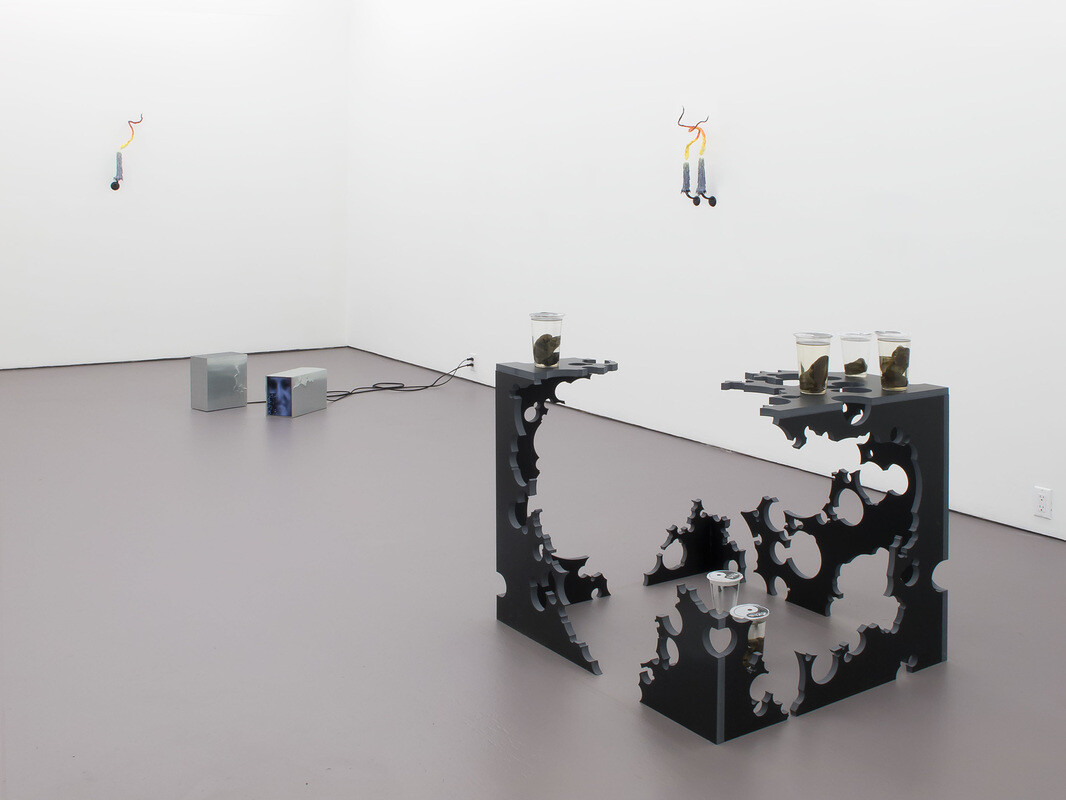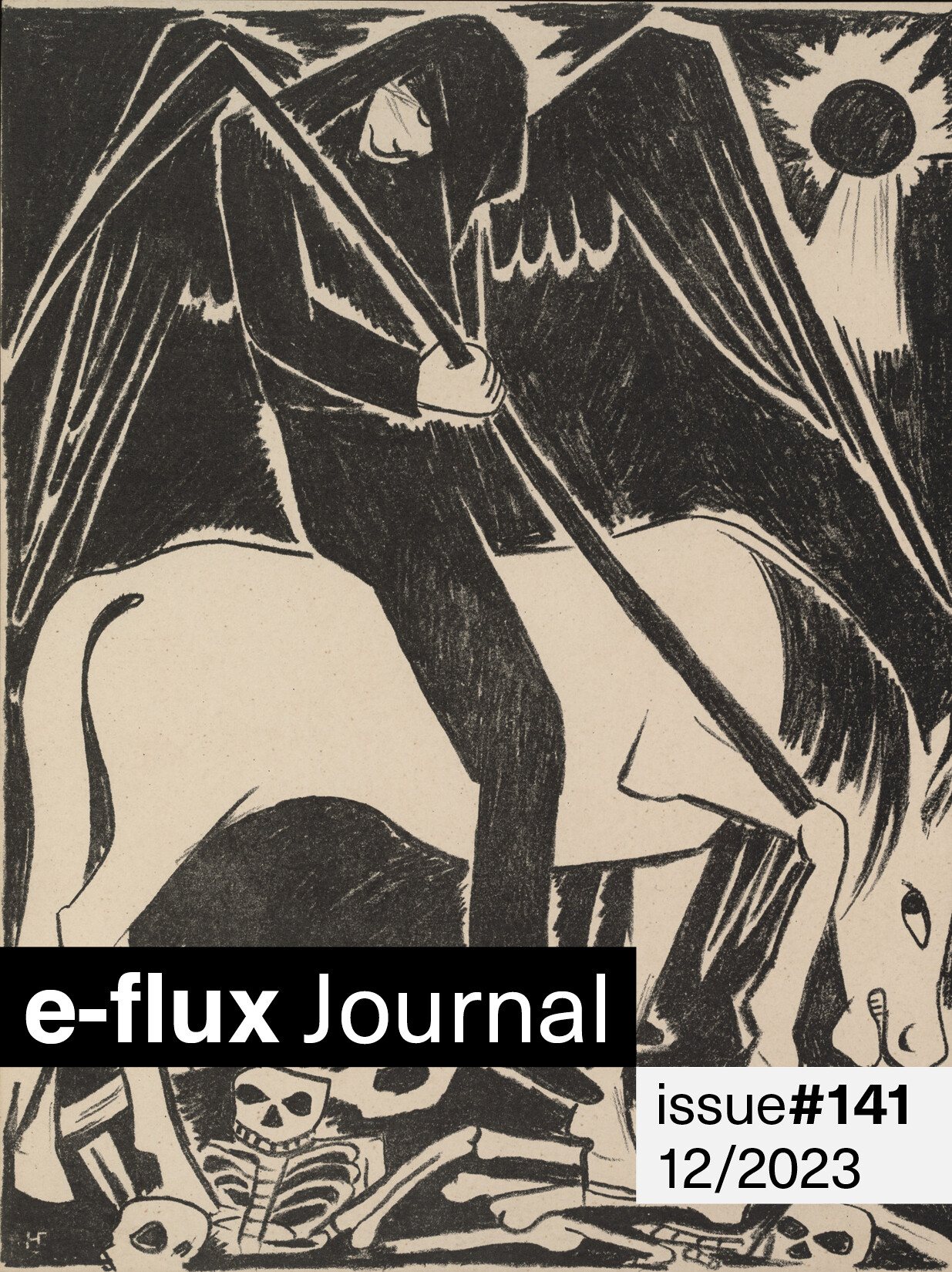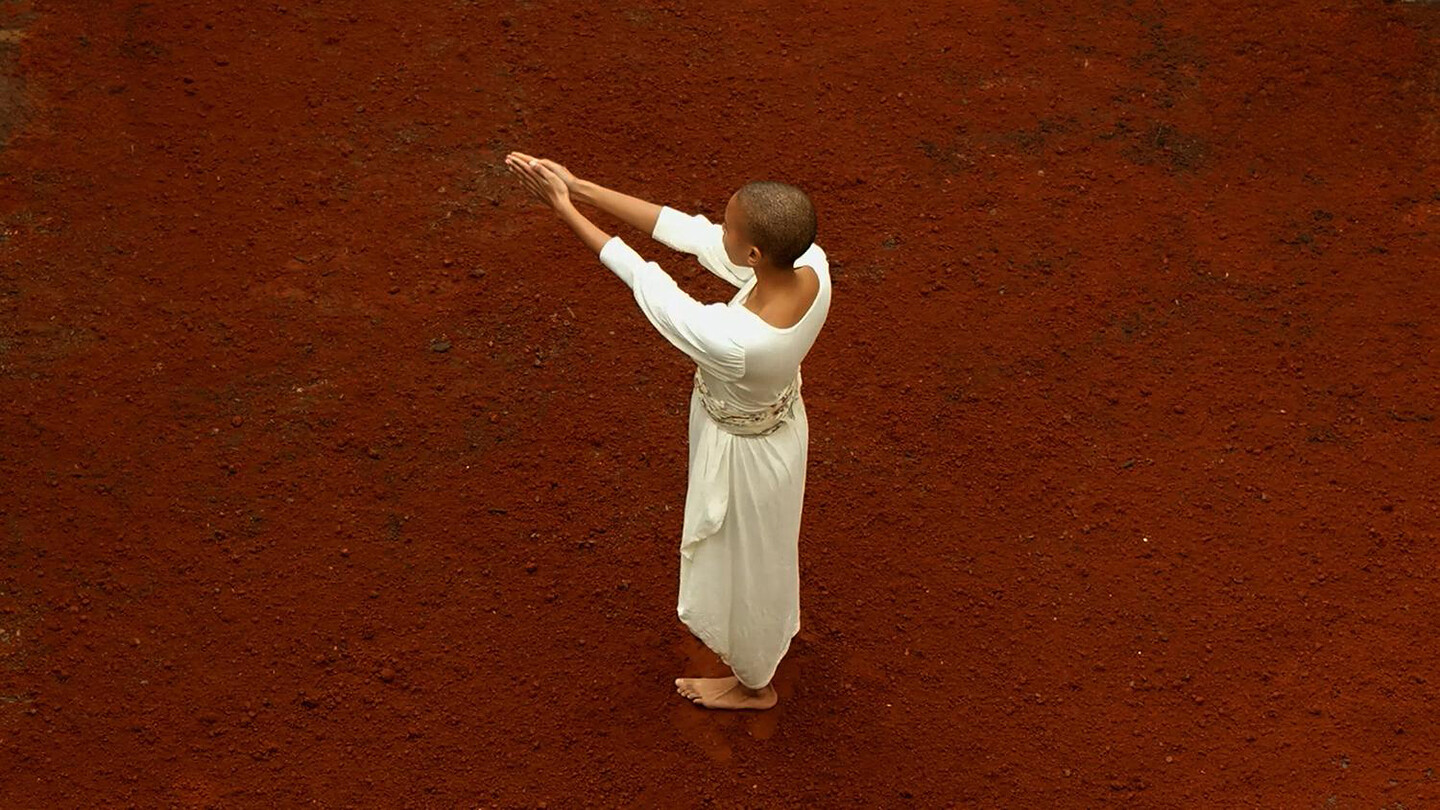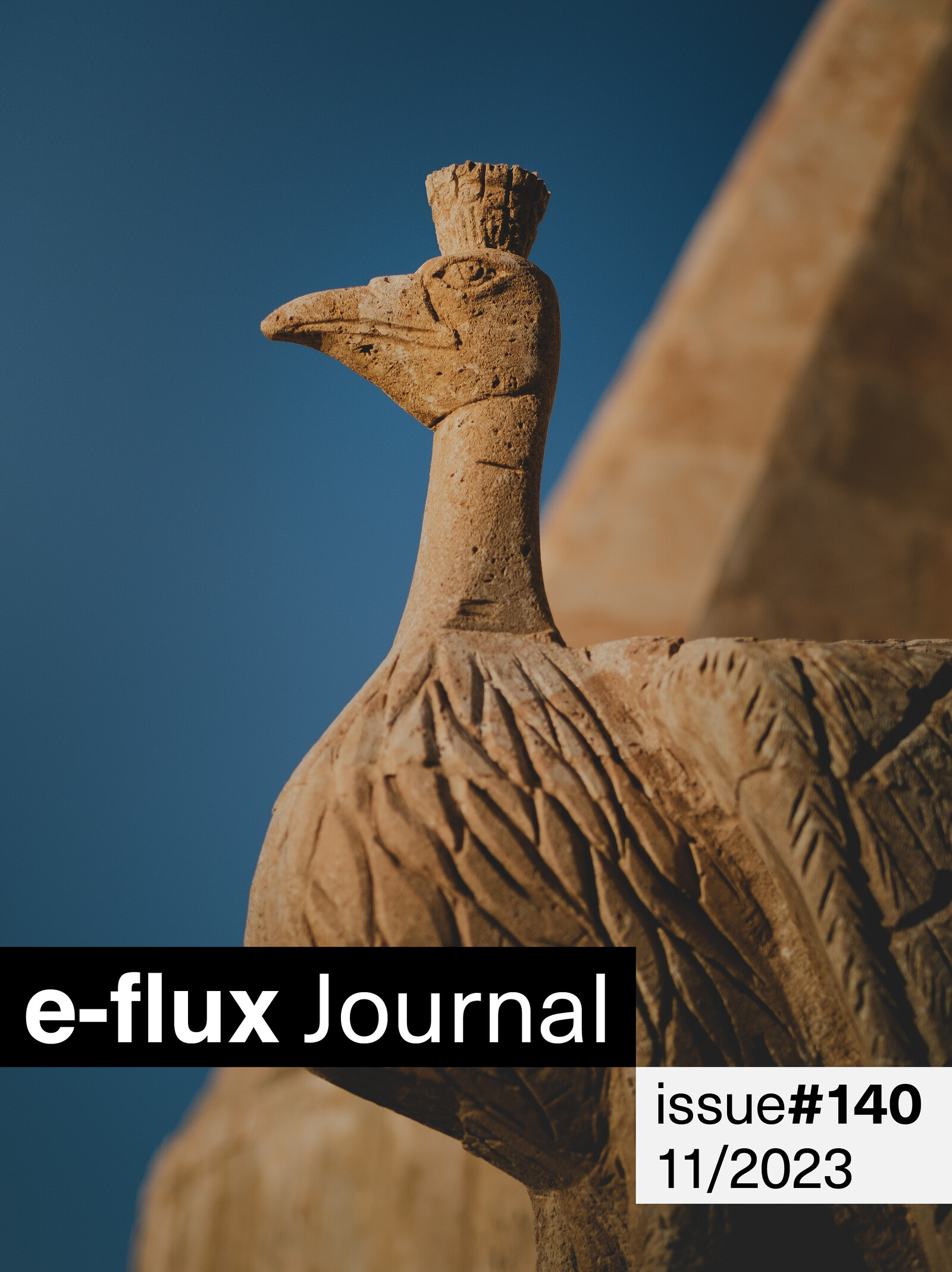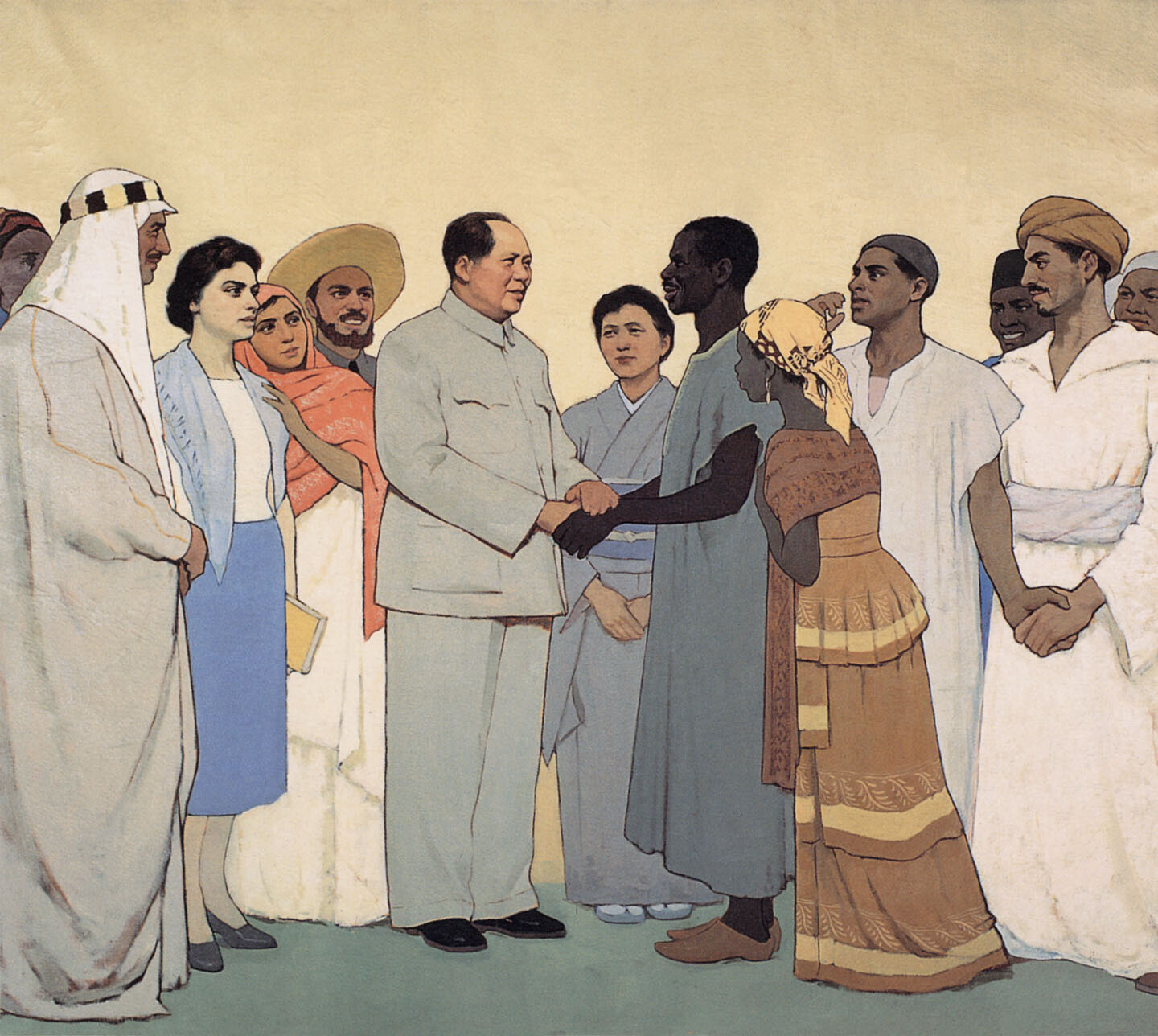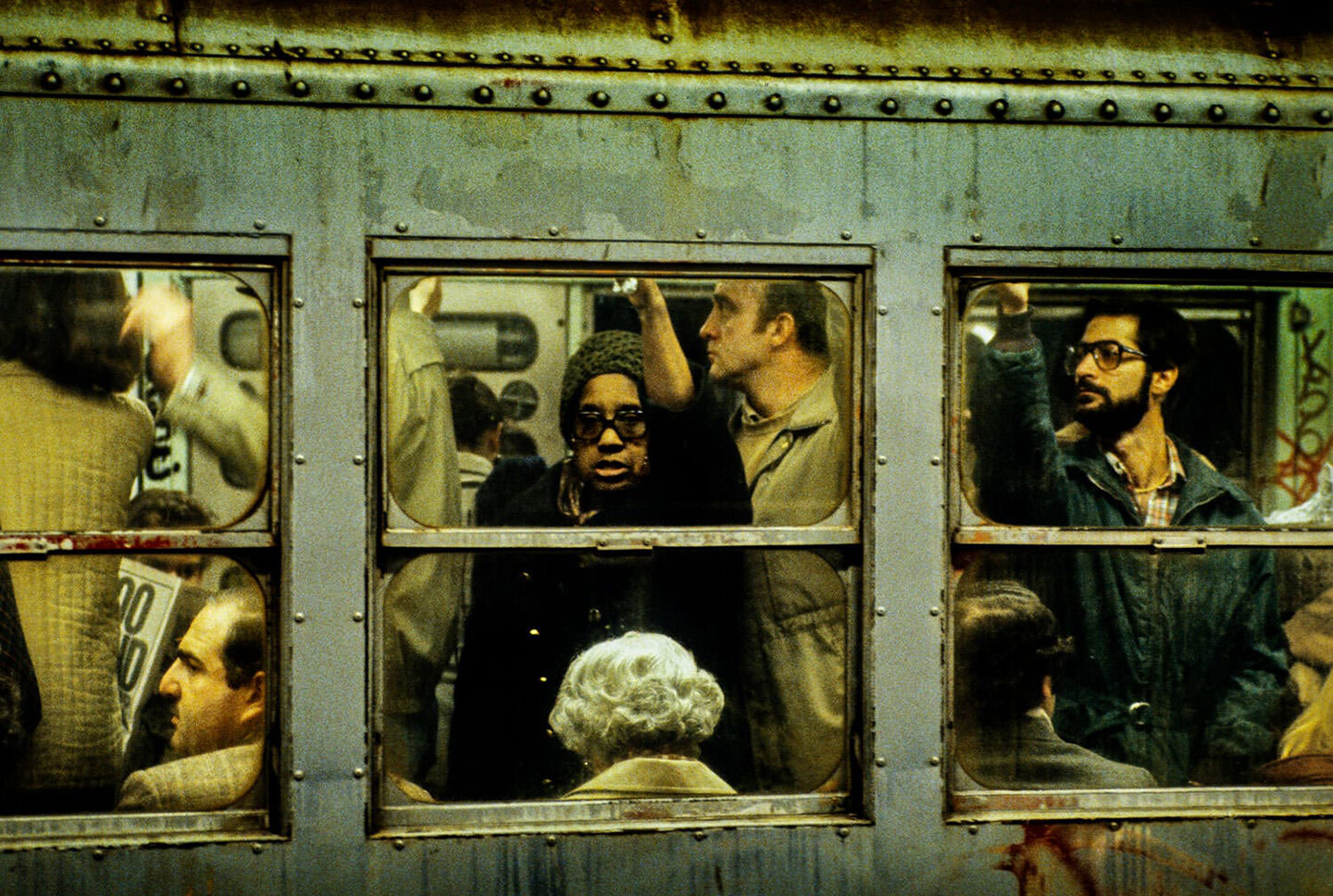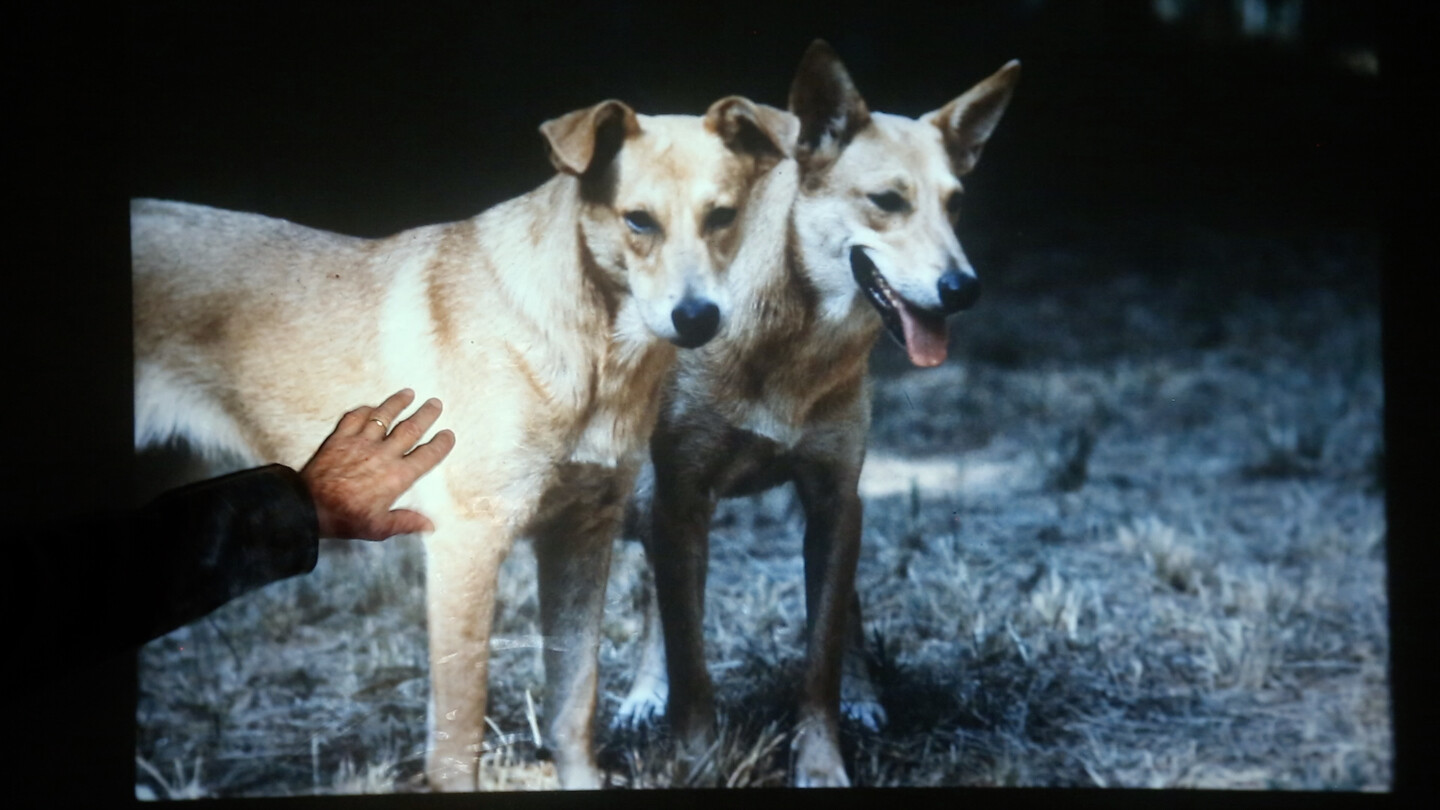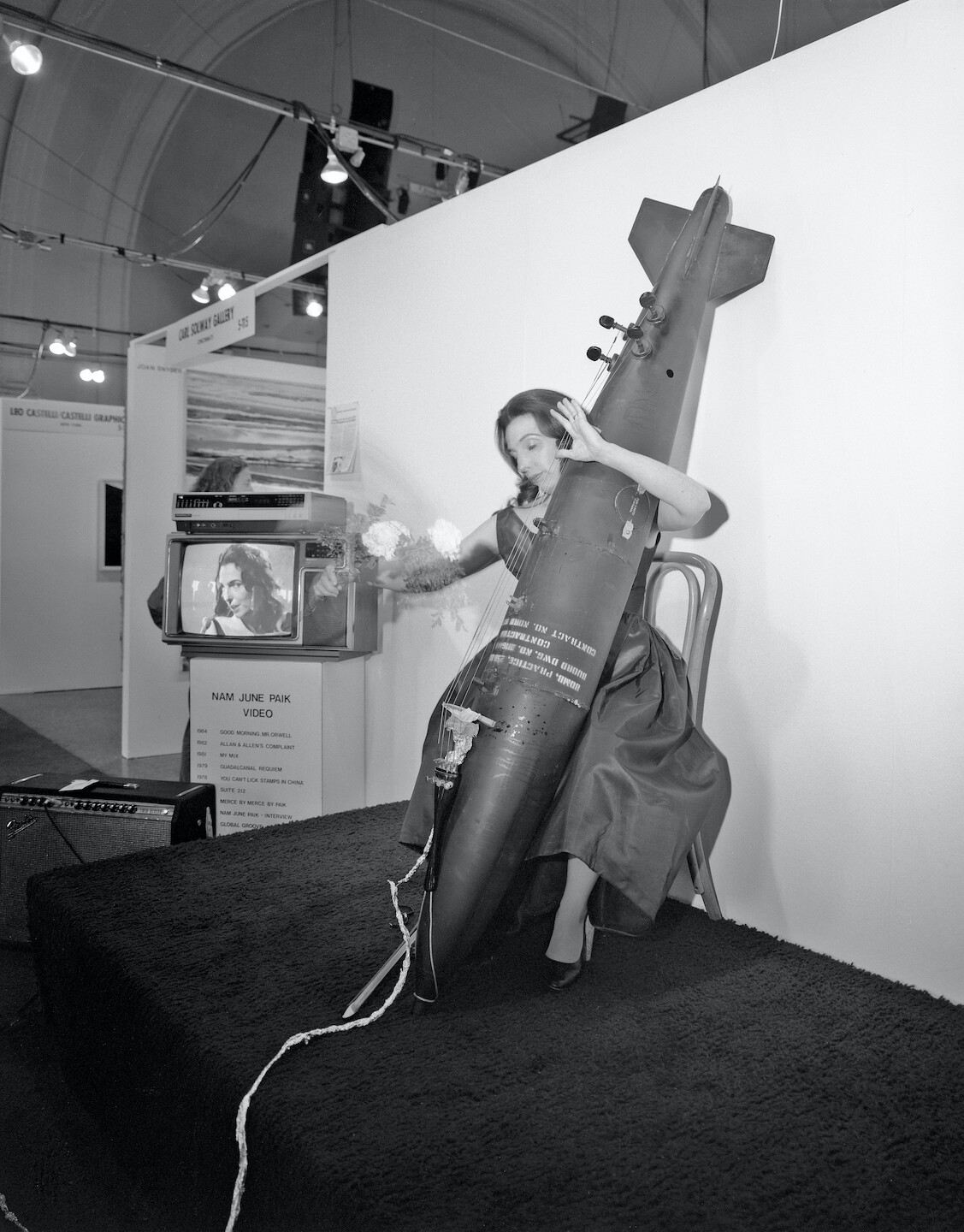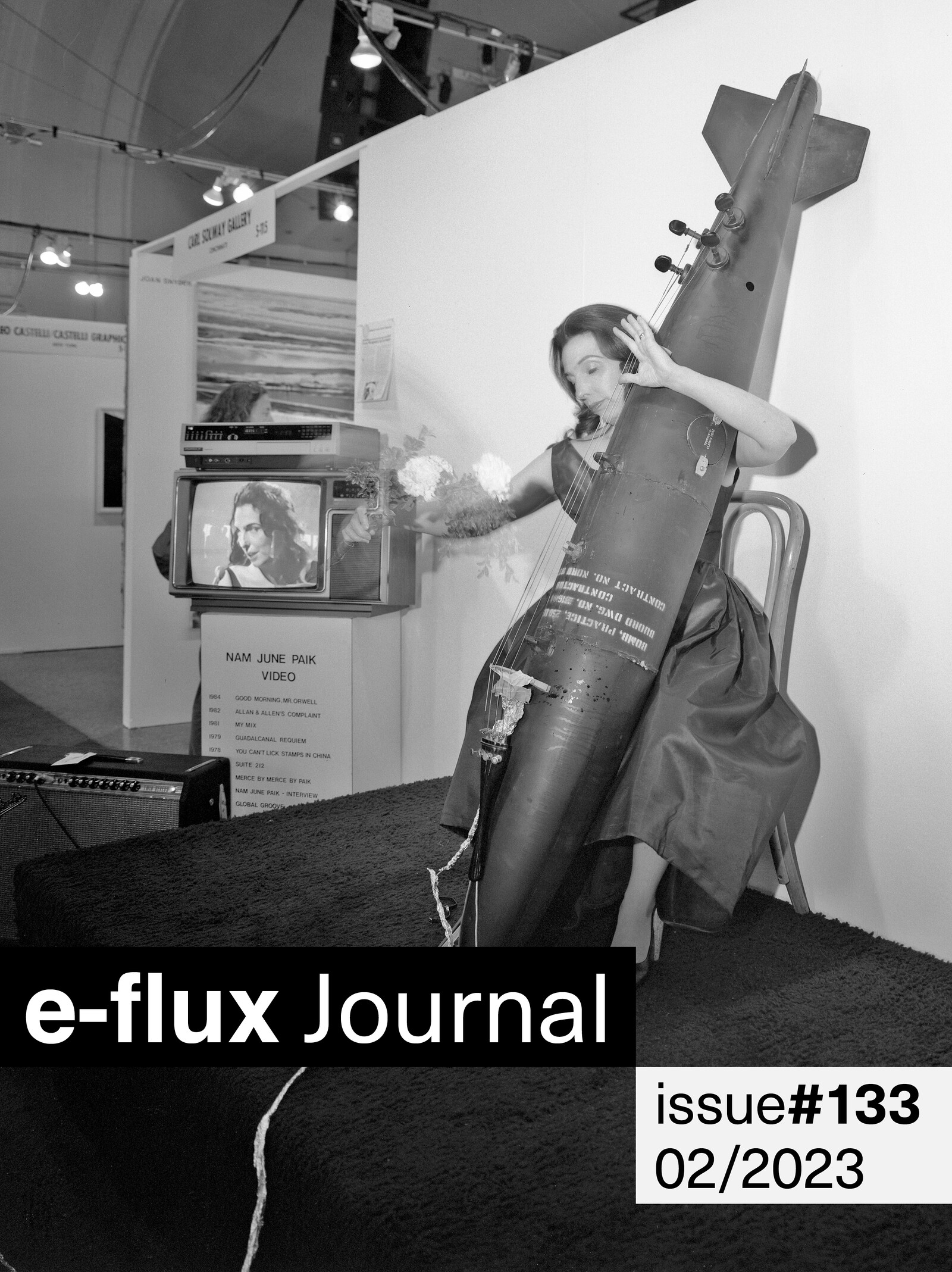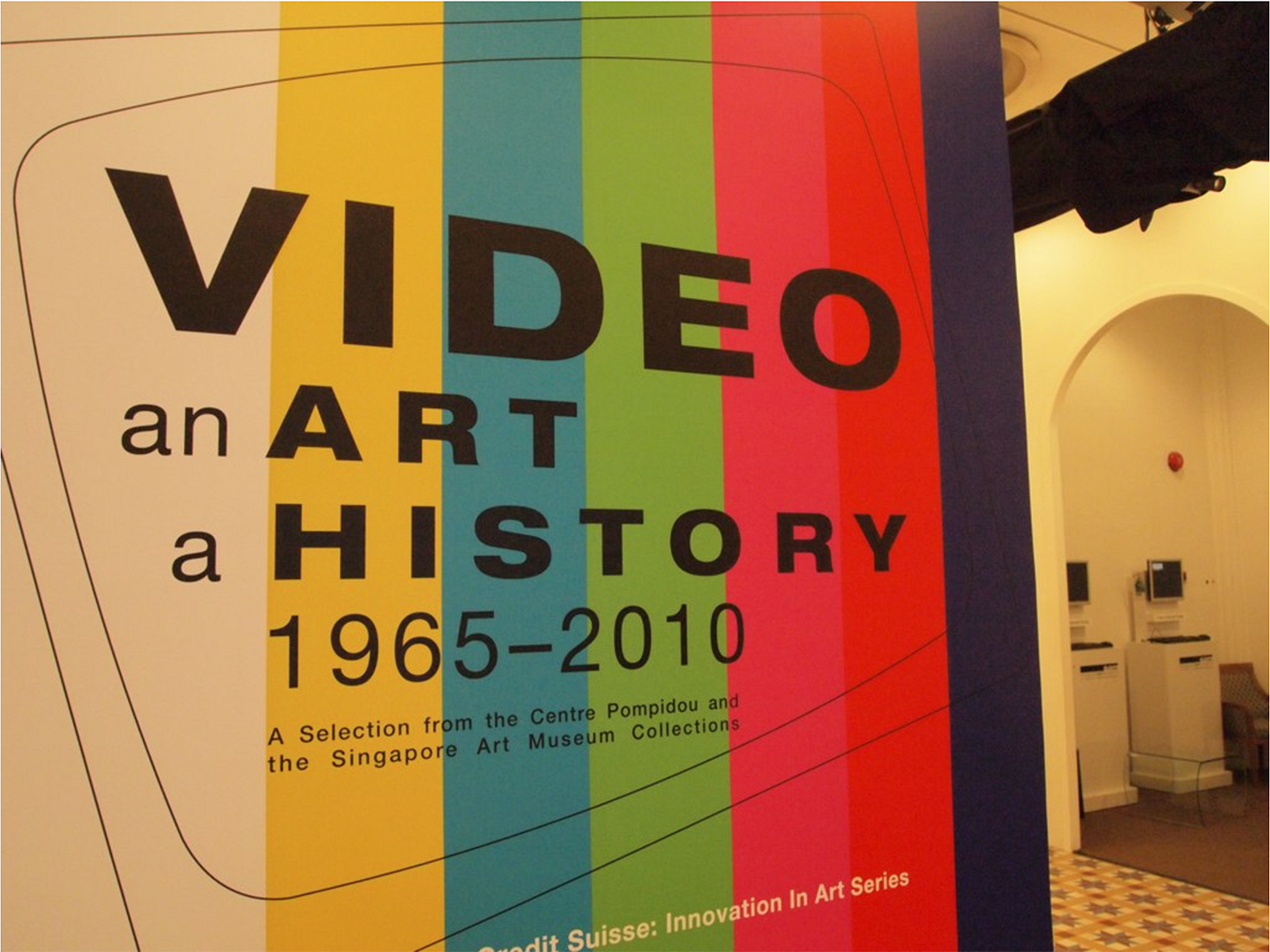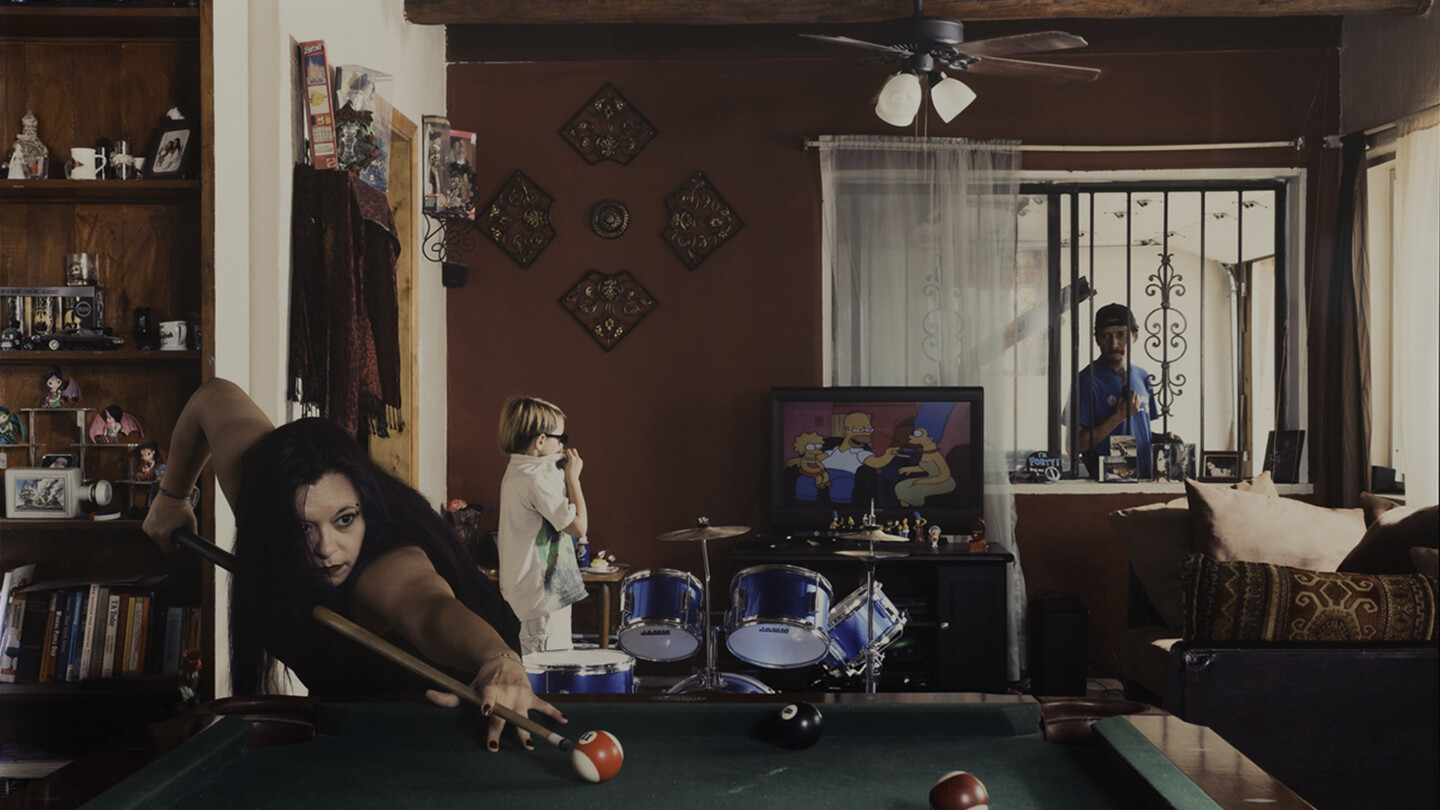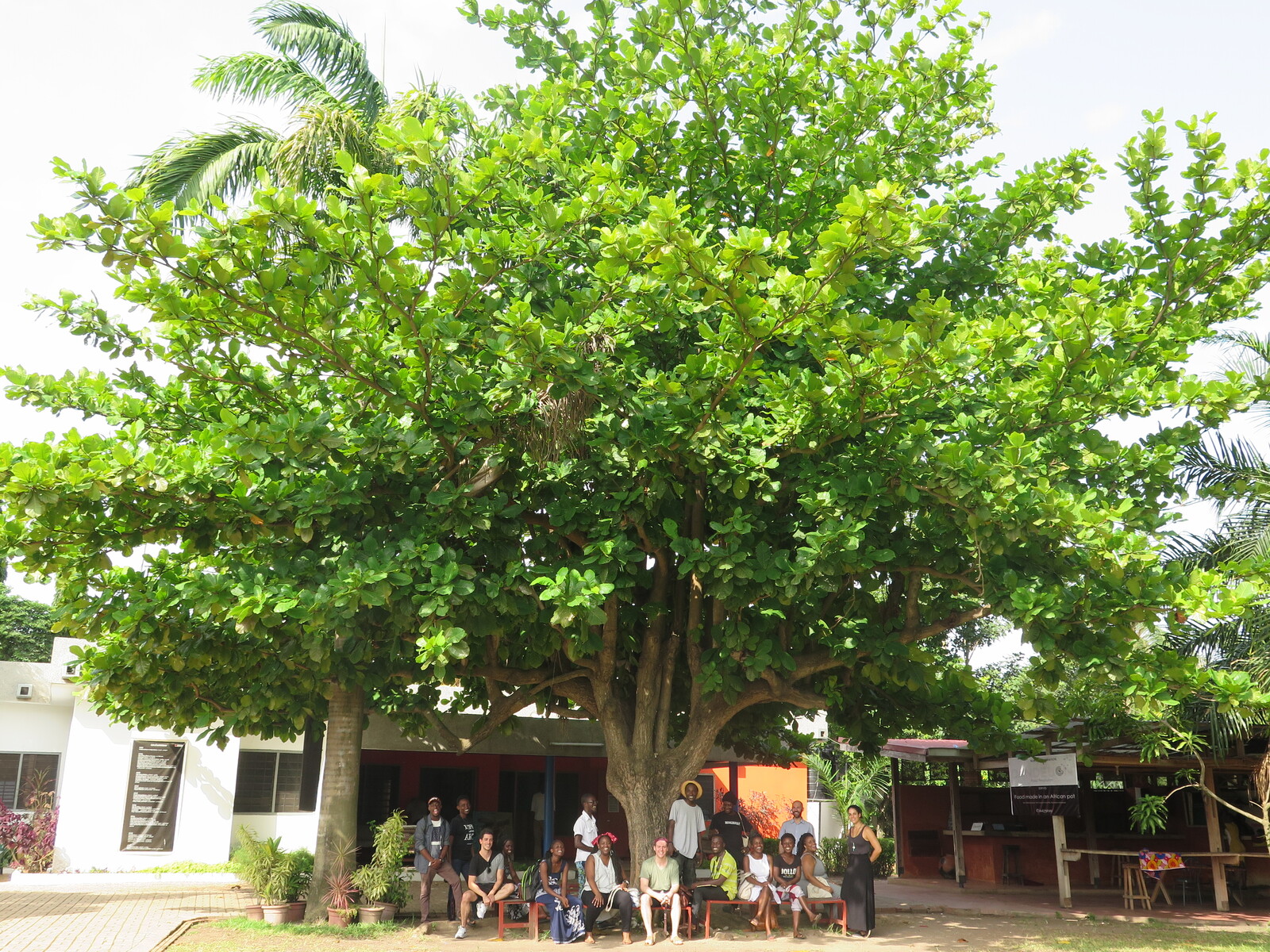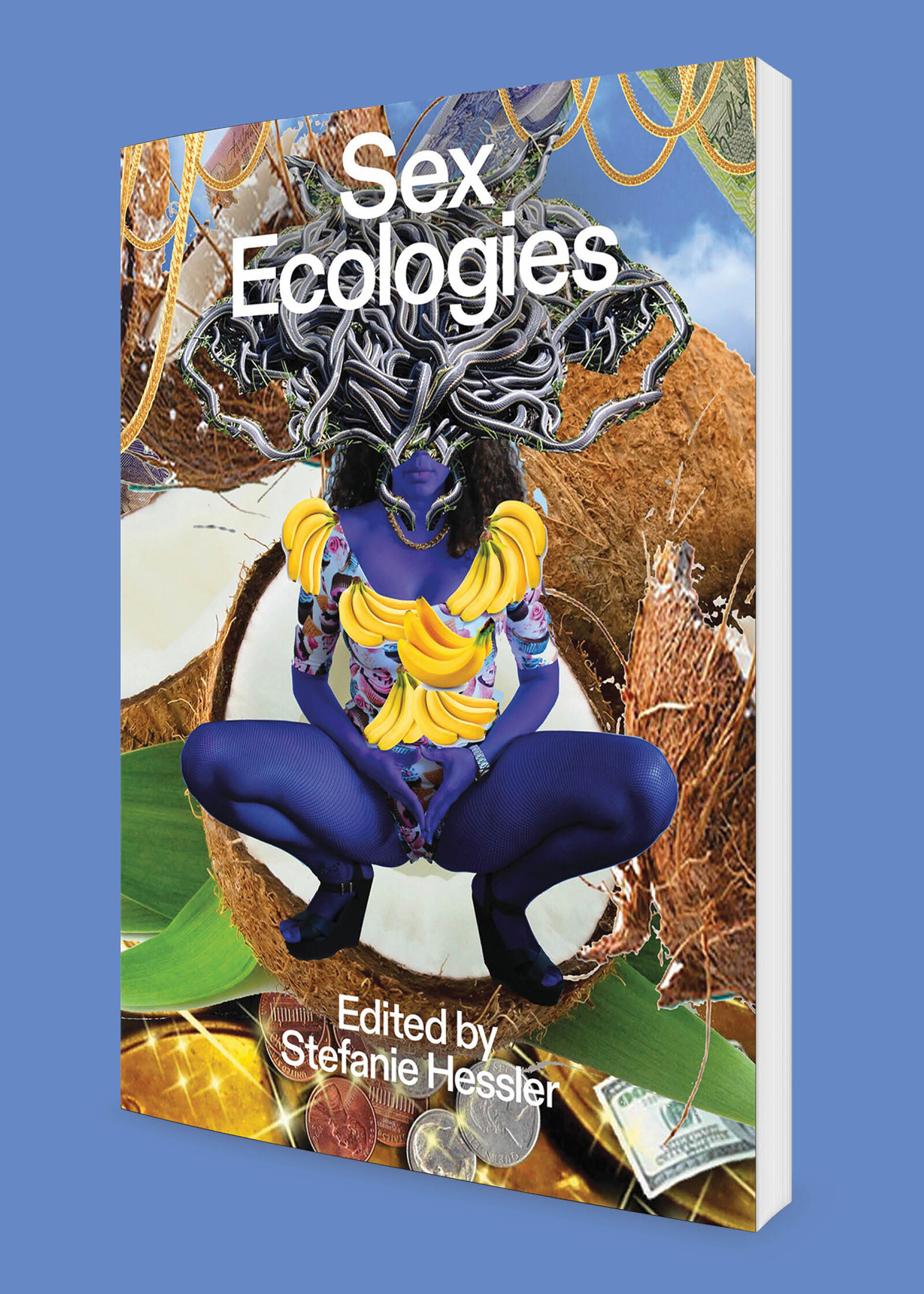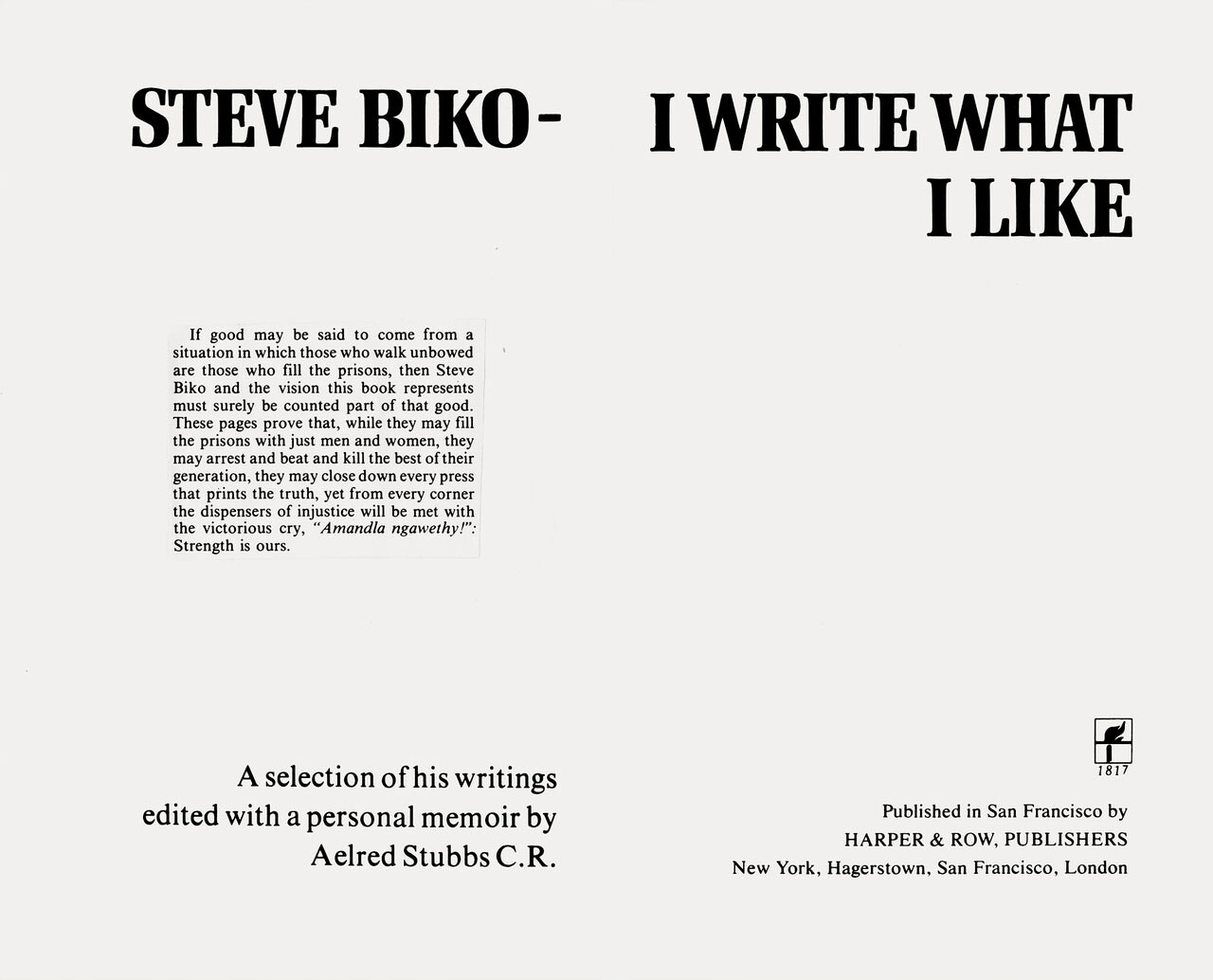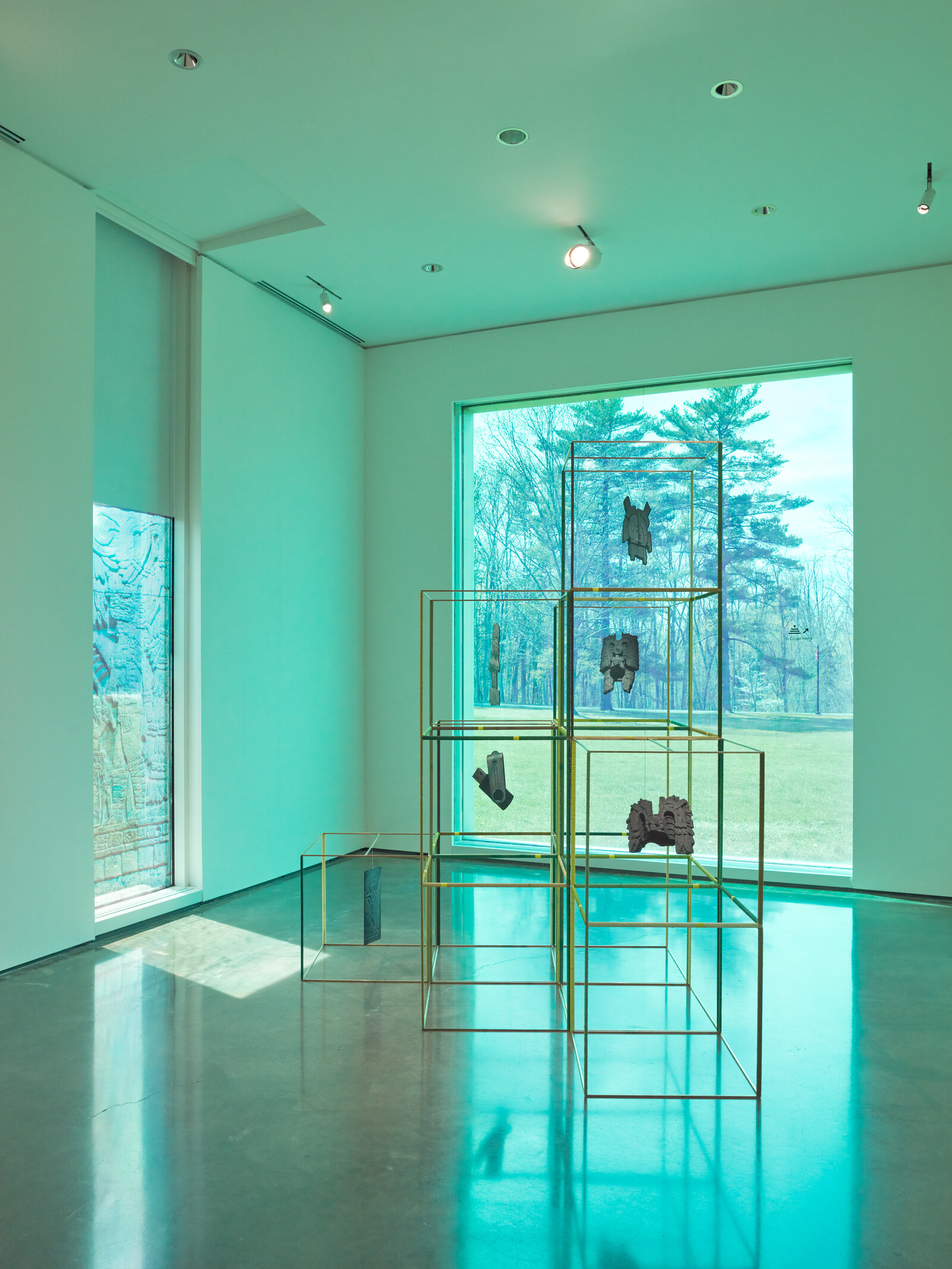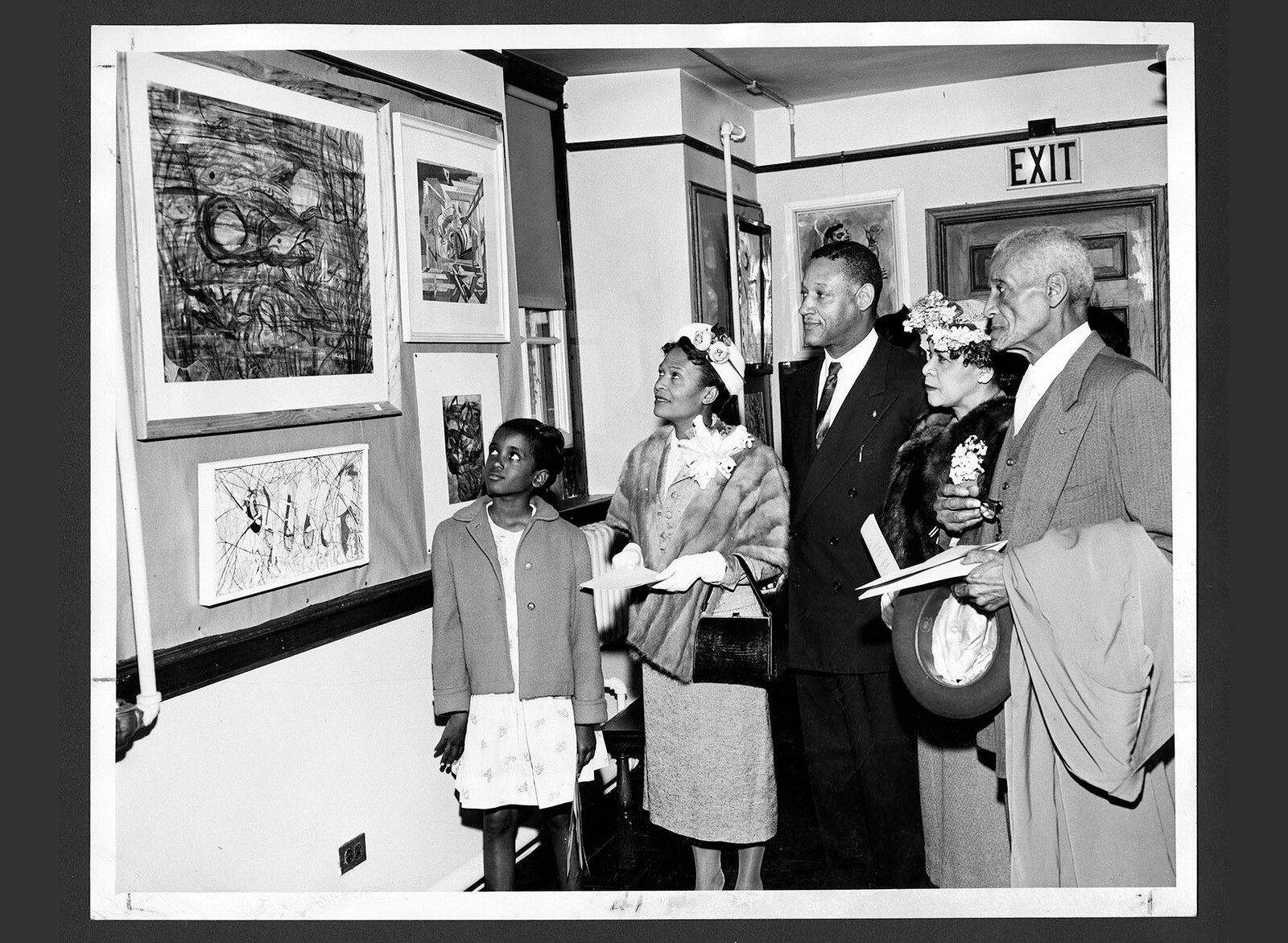Serubiri Moses Read Bio Collapse
Serubiri Moses is a curator and author based in New York City. He currently serves as adjunct faculty in art history at Hunter College, and is a member of the editorial team of e-flux journal. He is the author of a poetry book THE MOON IS READING US A BOOK (Pântano Books, 2023) and the lead curator of an upcoming mid-career retrospective of Taryn Simon.
It seems unlikely that the racism (the unfair judgment of the work and experience of African curators) will go away. The trenchant pessimistic attitude that Africa will never develop its own museums is evidence of that. Prior to his death, Okwui Enwezor himself was foggy on the issue of whether to shift focus to exhibitions on the African continent, preferring to curate and write for institutions in Euro-America. Perhaps even he had difficulty avoiding how the evolutionary logic of racist pseudoscience has passed down a belief that some art is more developed than others—a legacy we still have to actively confront.
e-flux Index at Dia Chelsea
Art Tech and Media Curation: From the “Never-Was” to American Medium
By invoking eighteenth- and nineteenth-century history—such as the Haitian Revolution and the Chimurenga in Southern Africa—and transnational trajectories not only of artists and writers but of exhibitions, the panel on “Citational Practices” moved away from a tendency towards the nationalization of discourse. This movement is one of the gestures that makes solidarity and reproducibility possible.
Thinking of Afro Asia in connection with the language of Black Power has me thinking more intently about what we can draw from the distinctions between sovereignty, self-determination, and another core Black Power term, self-defense. It has us consider sovereignty as quite distinct from autonomy; sovereignty itself is a refusal to surrender one’s humanity or claims to that which enable that humanity.
Joan Kee and Serubiri Moses: Mao and Afro-Asia in Context
While predominantly known for her writing on feminist topics including care, sisterhood, breaking the silence, and sexual ethics, a lesser-known aspect of Lorde’s writing—which shows up in New York Head Shop and Museum—concerns Black spirituality, especially orishas that Lorde turns to while looking beyond empire from within its crumbling constraints.
Launch of e-flux journal issue 137: Akosua Adoma Owusu and Serubiri Moses
New York launch of e-flux Journal issue 133, with Serubiri Moses, Kateryna Iakovlenko, and Thotti
Writing from 2023, can it be argued that Southeast Asian video has outgrown that “embryonic” stage, arriving at a point where it can and must be viewed in equal terms with art produced in the West? This raises the further question of how to situate and historicize video art criticism in Southeast Asia, especially when an exhibition like “Video, an Art, a History” could only present an art historical survey of video art in the region through its comparison to art from the West. Is such a comparison beneficial or necessary? Could this show reveal the specificities of the “local” even under such comparative circumstances?
If modern Eurocentric history remains dominant in contemporary art discourse, what happens to the available theory and criticism of contemporary African art? At present, accounts of contemporary African art appear in a growing collection of critical, curatorial, and artist writing. How do these narratives, opinions, and polemics inform the critical review of African art practices? Further, in a pervasively Eurocentric setting, an atmosphere in which Western critics look at African art as illegitimate, how can a theory of South African art encourage an alternative reception of contemporary African art practices in general?
